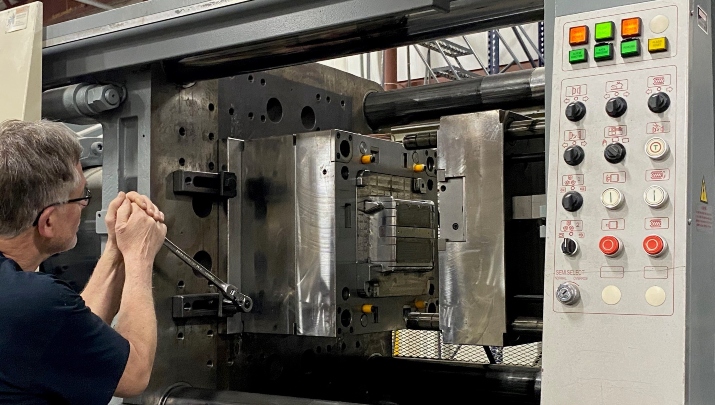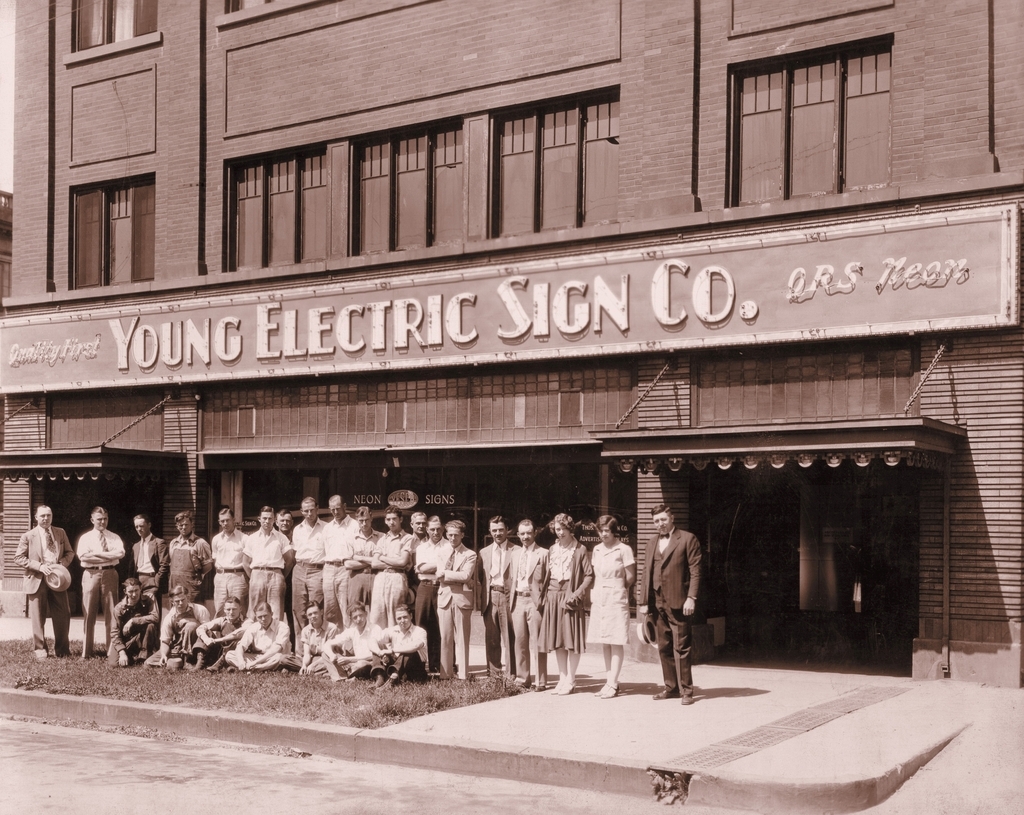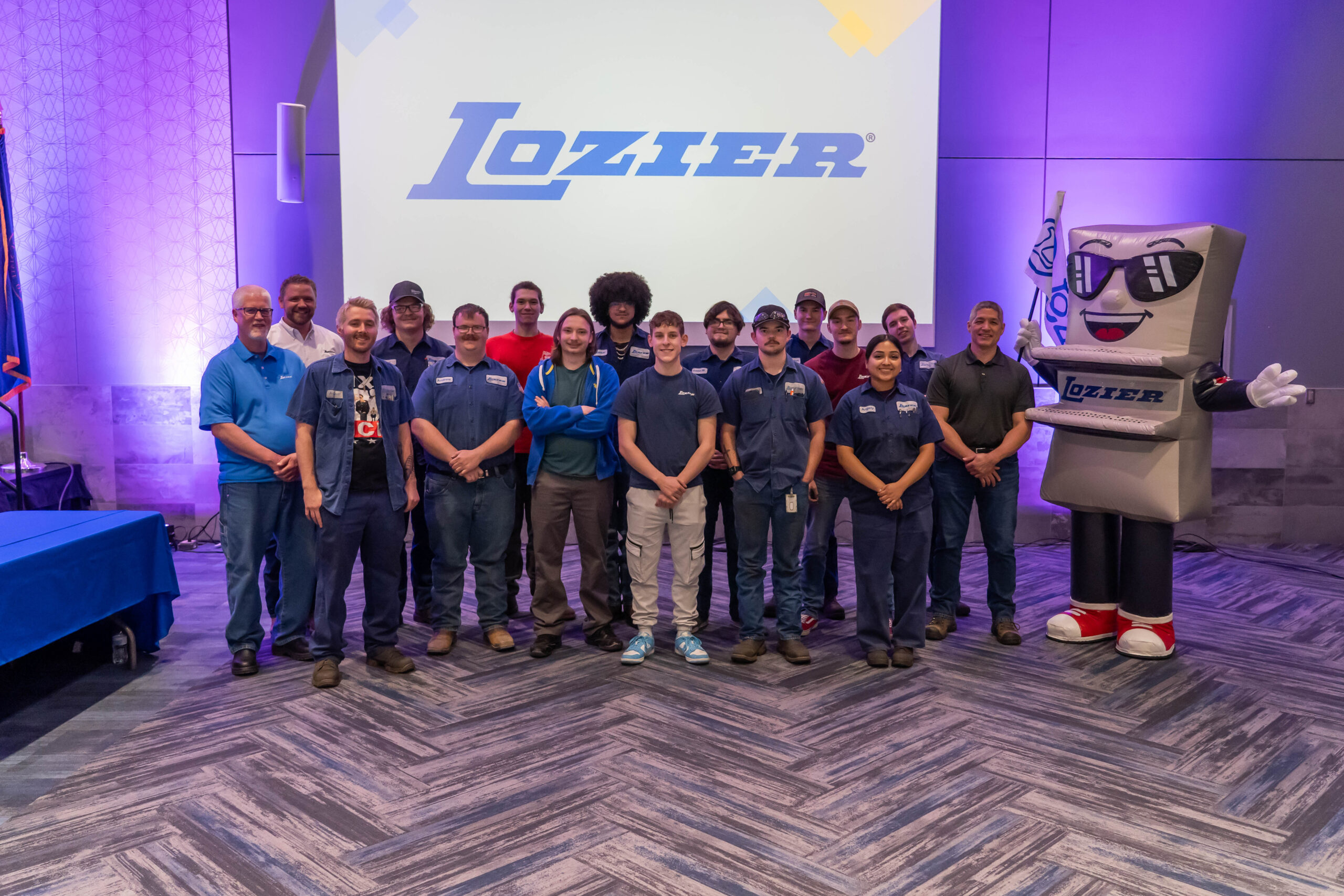
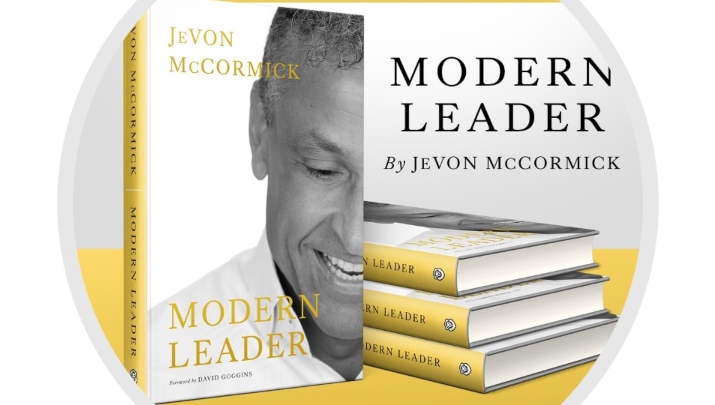
Modern Leader
- JeVon McCormick
- Scribe Media
This article draws heavily on JeVon McCormick’s recent book, Modern Leader, published in July 2022.
Can you be a leader if you are following a well-worn playbook? Doesn’t that make you a follower? Further, what if that playbook is broken? For too long, in education, in business, and in society, we have been following a playbook that is indeed broken. The good news for leaders of companies is, stepping outside of it is not only the best way to right the wrongs it perpetuates, but also a fantastic way to reap the benefits of a larger and better pool of applicants for your company. It is the only way to lead us into the future.
Before we continue, I want to clarify that I think any discussion of blame must be laid aside. The question of fault gets us nowhere. But we must agree that although it may not be our fault that the system is broken, it is certainly our responsibility to fix it.
The essential problem with the playbook we have been following, specifically as leaders of businesses, is that it leaves no space for an enormous portion of our population. As Evergreen® leaders, I think we are better poised than anyone to agree that good people are the key to a successful business, so why wouldn’t we want the deepest pool possible of good people?
There was a time when it was “business first,” but it’s become obvious that it must be People First; you need great people in your business to build great processes, and therefore drive Profit. And Profit, while always a partner to Purpose and the other 7Ps principles for Evergreen leaders, is a wonderful thing! It allows our companies to grow and thrive, it allows us to support our employees, and it allows us to do good in the world in the best way we can. So how do we move toward a place where we preserve, or even increase profit, all while stepping outside of the broken playbook? I propose three first steps.
Open Your Eyes
First, look around and acknowledge that we live in a society characterized by extreme inequality. It’s easy enough to talk about merit, about the value of hard work, and about the very few, visible, and wonderful examples of people who have managed to transcend the life they were born into. But it’s not as simple as equal effort = equal opportunity. And it starts early. A child born into poverty, as I was, or even just born poor will be exposed to 2,000 words by the time they are two years old. This becomes their base as they develop their linguistic functions, their brains, and their ability to learn. A middle-class child, in contrast, will be exposed to 30,000 words in the same time frame. Imagine the advantage these children have already, at age two. They are still years away from school.
In order to begin to make change, we must first accept that change is necessary. Open your eyes.
Open Your Doors
When the two children described above–let’s call them ReVonté and Blake–grow up and one day send you their resumes for an open position in your company, the old playbook and the habits formed around it kick in. Both candidates have undergraduate degrees, but they are far from being on equal footing.
ReVonté managed to complete four years of college, spending the first two in a community college and the last in a four-year state school. All throughout, he had to work to pay his way, which meant it took him more than four years to get his degree. Further, in the summers, he had to make as much money as possible, which put him out of the running for an unpaid internship in your industry. And finally, his name is ReVonté, which clearly identifies the world he comes from.
Blake went straight from high school to a four-year college and finished in four years. He did not work during the school year and was therefore able to focus exclusively on school and earn top marks. During the summer, his dad’s friend helped him get an internship at a great company, and though it was unpaid, he was able to live at home. He has, as a result, real work experience.
It’s easy to see which candidate is most likely to get an interview, and for reasons that, under the old playbook, seem reasonable and fair. But let me ask you to consider this: Which young man had to demonstrate more perseverance, more grit, and more resourcefulness to get where he is? You won’t know for sure until you invite them both in for an interview. Open your doors.
Open a Backpack
The old playbook, as we saw in the example above, rests upon the logic that education is the key to preparing people for jobs. Yet the inequality that began when ReVonté and Blake were two years old just got worse as they moved into school. It’s reasonable to expect that students make an effort, work hard in school, and strive to learn. But what if they don’t have the most basic supplies to complete their assignments? What if they don’t have a computer? Or what if the school gives them one, but they don’t have internet at home? The list of reasons that school is not the great equalizer we assume it to be is extremely long. If we want to continue to point to education as the key, we must make sure good education is possible. For everyone.
At Scribe Media, we saw this problem and decided to literally Open a Backpack. We found the school in our area with the highest number of kids getting free lunch and we decided to provide a backpack filled with ALL the supplies on the school’s list for all 500 kids in the school. We all came together and filled the backpacks ourselves in what became an outstanding company-wide event. It cost us $18,000. And it was a write off.
If you are going to continue to preach and believe that education is the key, then help make education equal. Open a backpack.
As you begin the work of opening your eyes, your doors, and a backpack, there are concrete steps you can take to move away from the old playbook. For example, as you prepare to write a job description for a new opening you are about to post, ask yourself, is a college degree really necessary for this job? What are the skills, rather than the degrees, that will make a person successful in this role?
As you prepare to head into an interview, instead of creating a list of questions focused on education and work experiences, step back and think about the characteristics you hope your new hire will have. Are you looking for curiosity? Are you looking for someone who is a self-starter? You might have more success discerning whether a candidate possesses these characteristics if you broaden your scope and ask about life experiences in general. The keys to perceiving the true strength of a candidate’s character might not be far under the surface, but your questions need to leave room for them to rise to the top.
The modern leader will be the leader who looks to others to help understand the big picture, and who designs a playbook that makes space for both ReVonté and Blake. The modern leader will not simply tolerate or accept, because both of these terms still imply insiders and outsiders. The modern leader will push past his or her comfort zone, invite ReVonté and Blake in for an interview, get to know them both, hear both of their stories, and then decide who has the skills necessary to do the job.
More Articles and Videos
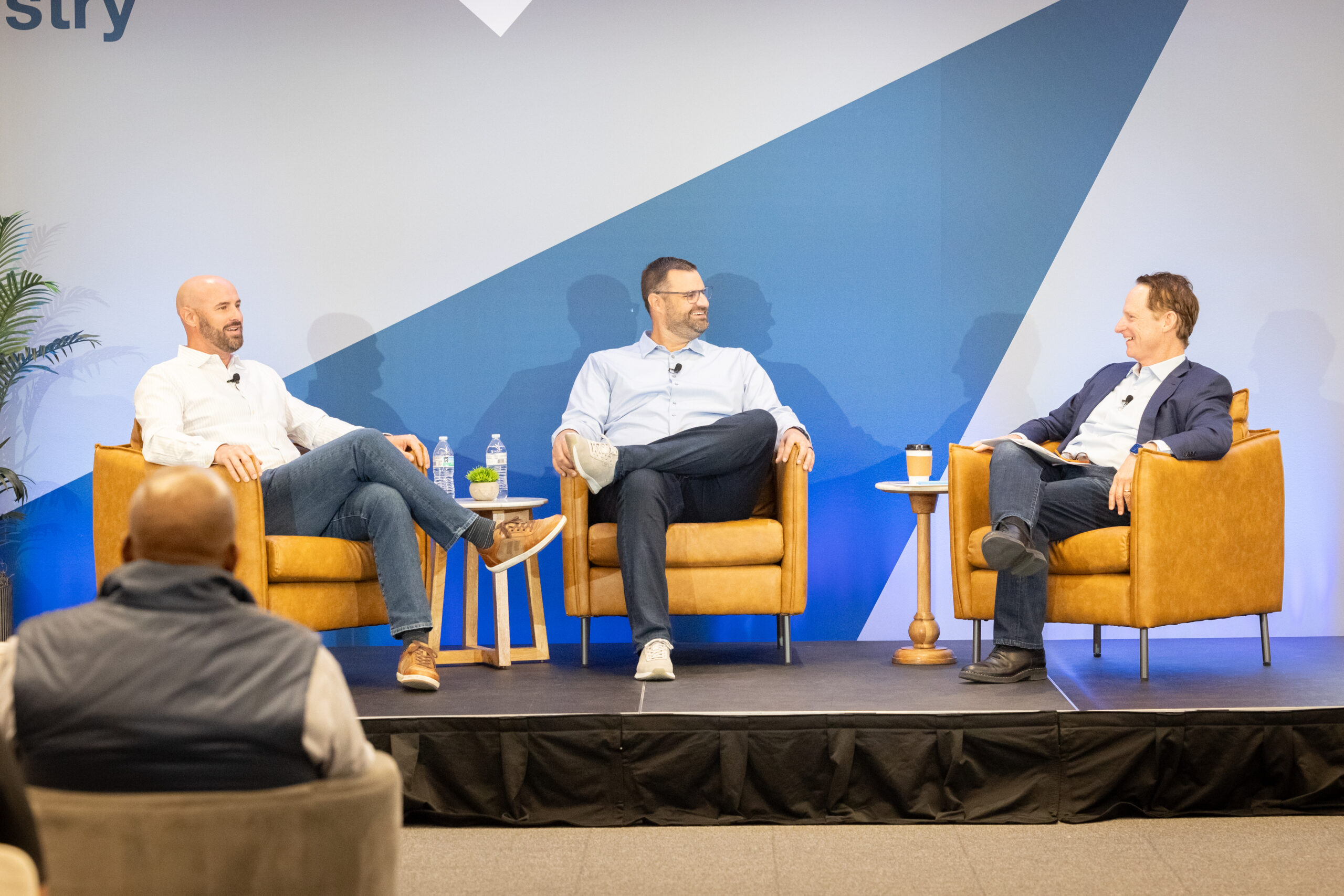
Fireside Chat with Dave Thrasher, Dan Thrasher, and Dave Whorton
- Dave Thrasher, Dan Thrasher, & Dave Whorton
- Supportworks and Thrasher Group

Get Evergreen insight and wisdom delivered to your inbox every week
By signing up, you understand and agree that we will store, process and manage your personal information according to our Privacy Policy
